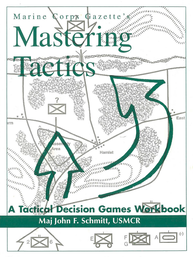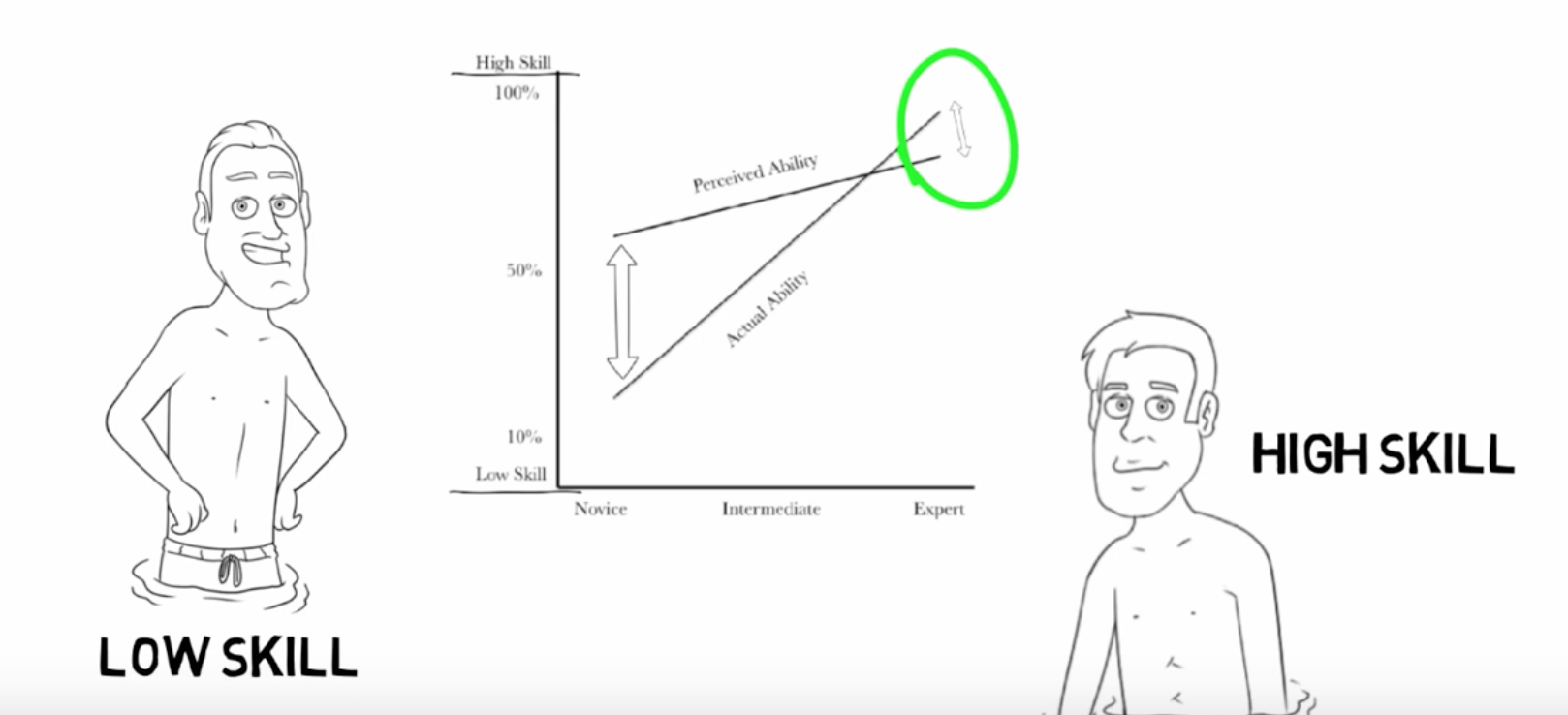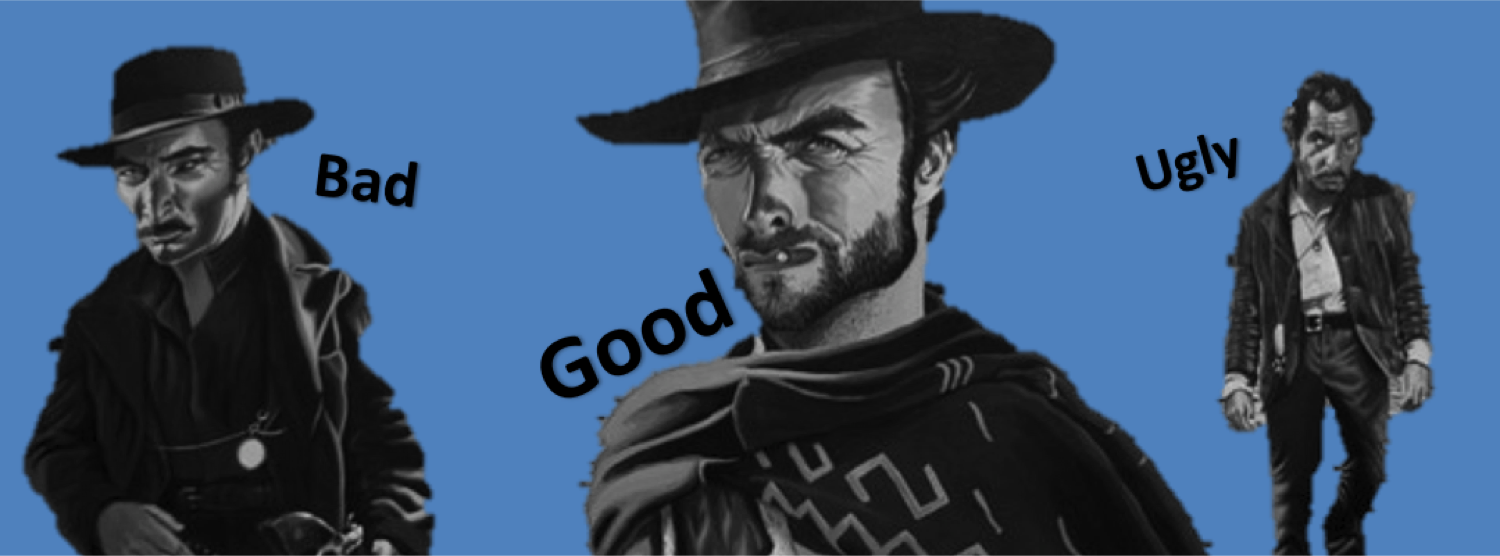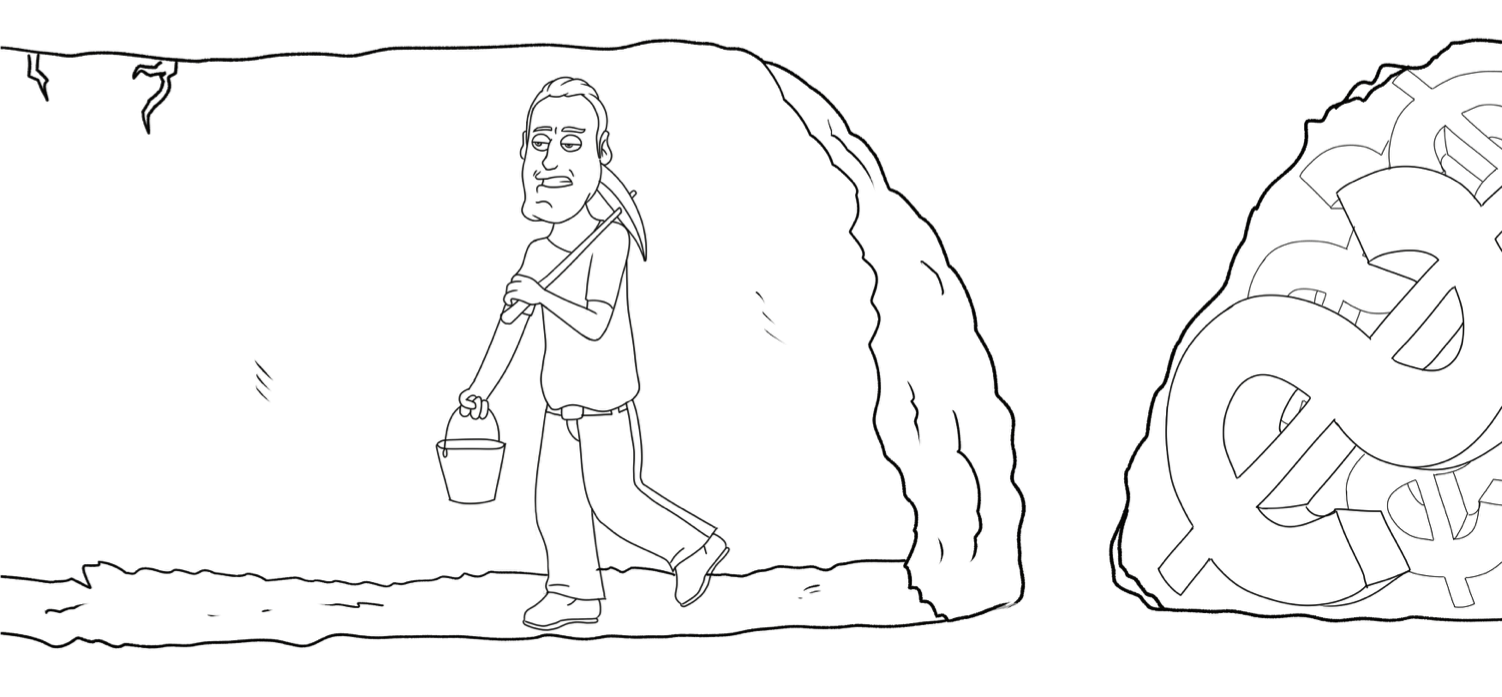|
Goals require staying motivated as we juggle multiple decisions in pursuit of what we are trying to achieve. A.P.E. is a way to think about these decisions in order to improve performance. As a natural model, A.P.E. describes decision making in action, with a focus on how we experience decisions as we strive towards our goals.
0 Comments
A wicked problem refers to a problem that is both intractable and not suited for scientific solutions. It’s a type of problem that due to certain characteristics proves difficult if not impossible to solve. Wicked problems are dynamic, often cyclical or systemic, and lack critical information. With competing goals and multiple stakeholders there is no single, optimal, or correct solution. This is in contrast to “tame” problems, that tend to be well structured, linear, and have a clear goal, correct answer, or stopping point.
 For over 20-years a monthly tactical decision game (TDG) was published in the Marine Corps Gazette. These games allowed readers to play along by submitting their solution. In the next issue a discussion was published, presenting the back and forth dialogue that took place as players explained their rational and why they decided to take a particular action. From the military, the value of TDG’s has branched out into other fields of expertise. As a form of ‘problem-based learning’, a TDG can be used in sports, business, aviation, the 1st responder community, or any profession that routinely needs to make high stakes decisions under time pressure. In this article, the basics of creating and playing a TDG are presented. In addition, the article suggests two ways to improve a TDG by incorporating elements of Naturalistic Decision Making (NDM). Last, you can learn more about TDG's by downloading a free copy of “Mastering Tactics - A Tactical Decisions Game Workbook”, by Maj John F. Schmitt, USMCR. Whenever you struggle to achieve a particular outcome, especially in cases where you seem to repeat the same errors over and over, it might be worth your time to consider the 'Mindset Formula'. This looks at how the mindsets we adopt can influence how we frame a situation. This framing impacts our motivations and the goals we set, influencing the decisions we make and ultimately determines what we are able to achieve.
Over the holidays it is common to be invited to gatherings or events where more food than normal is available. It is also common for us to believe that we are capable decision makers, able to determine how much we will eat and when we are full. But, is it true? And what, if anything, can be done to improve the decisions you make?
In discussing these questions, I want to:
In this article I am going to discuss the science of regret. Specifically, I want to focus on regret as a cognitive skill that you can develop, as a tool that you can use to improve decision-making by regulating the intensity.
A 14 to 1 kill ratio. This was the number of Russian MIG’s estimated to have been shot down for every one American F-86 Sabre during the Korean War. While this estimate fluctuated, it was still this disparity that caught the eye of officer John Boyd, a fighter pilot in the United States Air Force (USAF). Boyd wanted to answer the question, “What makes the difference between winning and losing in competitive, high stakes environments?”
How good are you at dancing or singing? Without any sort of objective measure, a common method to try and determine our ability is by using peer comparison. We watch those around us participating in similar activities and estimate our relative performance. The only problem, as discovered by research psychologists David Dunning and Justin Kruger, is that when we use peer comparison to judge our own performance we are most often wrong, and sometimes by a significant margin.
Have you ever had to justify a decision? Have you ever looked back at a decision and wondered what went wrong or how you might improve? Each of us, whether for legal, professional, or personal reasons, have at some point faced these questions. And while many times you might have been able to provide a clear answer, most certainly there were times when you were less than certain. This is where A.P.E. can help, a decision tool that uses a straightforward, three-step model of; assess, plan, and execute, to break down the decision process.
In pursuit of our goals, one of the most painful decisions we can face, is the possibility of failure. And given that we are hardwired to avoid pain, it is not uncommon for us to adopt a philosophy that to quit, to surrender, or to otherwise disengage from a goal is “unthinkable,” or “not an option”. This same philosophy is reinforced in certain cultural beliefs, such as in the power of positive thinking, the law of attraction, or in the unquestioned wisdom of a popular celebrity.
|
Authors
Richard Feenstra is an educational psychologist, with a focus on judgment and decision making.
(read more) 
Bobby Hoffman is the author of "Hack Your Motivation" and a professor of educational psychology at the University of Central Florida.
(read more) Archives
April 2023
Categories |





 RSS Feed
RSS Feed
